Content
Free Mental Health Assessment
Hormones and Anxiety: The Link and How to Fix It

When your hormones are imbalanced, you can feel everything from digestive discomfort and reproductive issues to mental health problems like anxiety.
Yep, hormones and anxiety are connected — and not always in a good way.
Hormones such as thyroid hormones, sex hormones (estrogen, progesterone, and testosterone), and stress hormones (cortisol and adrenaline) can all cause feelings of anxiety when they’re out of balance.
Below, we’ll explore how hormones affect anxiety levels and — most importantly — how you can balance your hormones and get your anxiety under control.
Content
Can Hormone Imbalance Cause Anxiety?
Put simply, yes. Hormones serve as the body’s chemical messengers, transporting “instructions” to tissues and organs.
You might typically associate hormones with things like physical changes during puberty or sexual function as an adult, but hormones are also deeply involved in regulating mood.
When they’re out of balance, you may experience increased anxiety, as well as other mood changes like irritability or mood swings.
So, what hormone causes anxiety? There’s actually more than one.
Hormones that can cause anxiety include:
Thyroid hormones
Sex hormones like estrogen, progesterone, and testosterone
Stress hormones like cortisol and adrenaline
For example, women are more likely to experience anxiety with big hormonal shifts, such as during puberty, after giving birth, and while going through menopause or perimenopause, when sex hormones fluctuate drastically. And your anxiety may spike during times of high stress or if you have thyroid issues.
Which Hormones Cause Anxiety?
As mentioned above, a few different hormones can cause feelings of anxiety if their levels get out of balance. Let’s dive into them in more detail.
Thyroid Hormones
Thyroid hormones, such as triiodothyronine (T3) and thyroxine (T4), are created by the thyroid gland — a butterfly-shaped gland located in the front of the neck.
Your body depends on thyroid hormones to control your metabolism. Thyroid hormones also help regulate your energy levels, body temperature, weight, and the growth of your hair, nails, and skin.
When the body produces too much thyroid hormone, it’s called hyperthyroidism.
High levels of thyroid hormone caused by an overactive thyroid gland can result in:
Anxiety
Restlessness
Emotional instability
Insomnia
Depression
Hyperthyroidism is also linked to physical symptoms of anxiety, such as:
A rapid heart rate
Heart palpitations
Hypertension (high blood pressure)
On the flip side, hypothyroidism — when the thyroid doesn’t produce enough thyroid hormones — may also cause anxiousness. One study found that most people with hypothyroidism experienced symptoms of anxiety.
Sex Hormones
Levels of sex hormones — such as estrogen, progesterone, and testosterone — fluctuate throughout the menstrual cycle during ovulation and the luteal phase. And these fluctuations may lead to feelings of anxiety.
In a review published in the journal Current Psychiatry Reports, researchers noted that changes in hormone levels during your menstrual cycle can make the symptoms of many anxiety and mood disorders worse.
For instance:
Women with generalized anxiety disorder (GAD) and premenstrual syndrome (PMS) reported more anxiety symptoms in the week before their periods compared to the week after.
The same goes for women with social anxiety disorder — social anxiety was worse in the run-up to the women’s periods.
Even if you don’t have an anxiety disorder, you may still feel more anxious at certain times in your cycle, such as before menstruation.
Fluctuations in hormone levels throughout your menstrual cycle are thought to contribute to premenstrual dysphoric disorder (PMDD), a more severe form of PMS. This condition can cause anxiety, severe irritability, and depression in the week or two before your period.
Even good ol’ PMS — also thought to be caused by hormone fluctuations — can cause:
Anxiety
Crying spells
Feelings of sadness
Irritability
Mood swings
On a related note, the link between birth control and anxiety comes from the fact that medications that influence hormones may impact anxiety levels as well.
Can too much estrogen cause anxiety — or too little? What about progesterone and testosterone? Here’s what the research says about the different sex hormones and anxiety:
Estrogen and anxiety. Can low estrogen cause anxiety? It may. Symptoms of low estrogen include mood swings and trouble sleeping. Research suggests the drop in estrogen levels that happens during the menstrual cycle, postpartum, and menopause can increase the risk of anxiety. High levels of estrogen can lead to feeling anxious too.
Progesterone and anxiety. One study found that women with higher levels of progesterone had more anxiety than women with lower progesterone levels. And as women’s progesterone levels increased across their cycles, they felt more attachment anxiety.
Testosterone and anxiety. Testosterone may have anti-anxiety effects. Plus, research shows that women with anxiety disorders have lower levels of testosterone than women without these mental health conditions.
Being aware of these hormonal changes can help you identify when you’re feeling hormonal anxiety and when you might be feeling anxiety triggered by a specific situation.
Stress Hormones
Stress hormones produced by your body in challenging, threatening situations can also contribute to feelings of anxiety.
Stress hormones include:
Cortisol
Adrenaline
These hormones produce changes in your body to help you react to dangerous situations. But sometimes, the “dangerous” situation is simply a stressful work call or a text from an ex. Our stress hormones work best when they are activated only occasionally during moments of serious threat. However, in the modern world, we’re exposed to so many of these little daily stressors, we may end up with chronically elevated levels of stress hormones.
If your body is in fight-or-flight mode on a constant basis, your stress hormones may lead to high anxiety levels.
High cortisol levels are linked to changes in mood, including:
Anxiety
Irritability
Mood swings
Depression
And high levels of adrenaline can make you feel:
Nervous
Jittery
Restless
Irritable
Just like hormonal fluctuations during the menstrual cycle, knowing how to recognize when stress levels make you feel worried or anxious is vital.
Many of the treatments for hormone-related anxiety are the same remedies used for regular anxiety — with the added advice of getting your hormones in line, if possible.
Here’s what to consider:
Hormone testing. If you think hormones could be to blame for your anxiety, you can get your levels tested to check for hypothyroidism or other potential causes. Depending on your results, a healthcare provider might recommend medication (like hormone-replacement therapy) to treat the problem.
Exercise. Exercise produces endorphins — brain chemicals that act as natural painkillers — and working out can improve anxiety, stress, mood, and sleep. It doesn’t take long, either. The anti-anxiety effects of physical activity can kick in after just five minutes of aerobic exercise.
Stress management. Getting on top of chronic stress can help keep cortisol and adrenaline under control. Try stress-management techniques like meditation, mindfulness, journaling, and regular exercise.
Therapy. Anxiety disorders often improve with psychotherapy, or talk therapy. Common forms of therapy for anxiety include cognitive behavioral therapy (CBT), which involves learning new methods of thinking and reacting to anxiety-producing situations, and exposure therapy, which involves exposing yourself (not like that) to a phobia you may have.
Anxiety medication. Several medications are used to treat anxiety disorders, including benzodiazepines, antidepressants, and beta-blockers. Our guide to anxiety medications explains how prescription drugs work, as well as the pros and cons of each type of medication.
Check out our guide to calming down anxiety for more good habits and lifestyle changes you can make to keep anxiety at bay.
So, can hormones cause anxiety? It turns out, they can.
Anxiety hormones include thyroid, sex, and stress hormones. Changes in these hormones can affect your anxiety, overall mood, and well-being, and they can even worsen anxiety disorder symptoms.
Here’s the TL;DR on hormones and anxiety:
Hormones can have a significant effect on thoughts and behaviors. In some cases, natural fluctuations in hormone levels during the menstrual cycle or due to stress may cause you to feel overly anxious, worried, or concerned about the future.
Certain health issues can disrupt hormonal balance, which could make you feel anxious or just “off.” Low levels of serotonin activity (a neurotransmitter known as the “happy chemical”) could also contribute to anxiousness. Rapid weight gain or weight loss can affect your hormones too.
If you think you might have a hormonal imbalance that’s causing anxiety, it’s best to talk to a healthcare provider. They can check your hormone levels for anything concerning, suggest hormone therapy, or refer you to a mental health professional if you need help with an anxiety disorder.
Though anxiety can feel overwhelming at times, it’s important to remember it’s a treatable condition. If you feel anxious, reaching out for help can allow you to improve your quality of life and put your worries in the rearview mirror.
If you’re interested in medication for anxiety or depression, explore your options on our mental health platform. Or you can start the process of getting a prescription with our quick online assessment.
This article is for informational purposes only and does not constitute medical advice. The information contained herein is not a substitute for and should never be relied upon for professional medical advice. Always talk to your doctor about the risks and benefits of any treatment. Learn more about our editorial standards here.
16 Sources
- Anxiety & Depression Association of America (ADAA). (2023). Exercise for stress and anxiety. https://adaa.org/living-with-anxiety/managing-anxiety/exercise-stress-and-anxiety
- Bathla M, et al. (2016). Prevalence of anxiety and depressive symptoms among patients with hypothyroidism. https://www.ncbi.nlm.nih.gov/pmc/articles/PMC4911835/
- Endocrine Society. (2022). Adrenal hormones. https://www.endocrine.org/patient-engagement/endocrine-library/hormones-and-endocrine-function/adrenal-hormones
- Endocrine Society. (2022). Reproductive hormones. https://www.endocrine.org/patient-engagement/endocrine-library/hormones-and-endocrine-function/reproductive-hormones
- Endocrine Society. (2022). Thyroid and parathyroid hormones. https://www.endocrine.org/patient-engagement/endocrine-library/hormones-and-endocrine-function/thyroid-and-parathyroid-hormones
- Kundakovic M, et al. (2022). Sex hormone fluctuation and increased female risk for depression and anxiety disorders: from clinical evidence to molecular mechanisms. https://www.ncbi.nlm.nih.gov/pmc/articles/PMC9715398/
- McHenry J, et al. (2013). Sex differences in anxiety and depression: role of testosterone. https://www.ncbi.nlm.nih.gov/pmc/articles/PMC3946856/
- National Institute of Diabetes and Digestive and Kidney Diseases (NIDDK). (2021). Hypothyroidism (underactive thyroid). https://www.niddk.nih.gov/health-information/endocrine-diseases/hypothyroidism
- National Library of Medicine. (2016). Hormones. https://medlineplus.gov/hormones.html
- National Library of Medicine. (2024). Hyperthyroidism. https://medlineplus.gov/hyperthyroidism.html
- Nillni YI, et al. (2021). The impact of the menstrual cycle and underlying hormones in anxiety and PTSD: what do we know and where do we go from here?. https://www.ncbi.nlm.nih.gov/pmc/articles/PMC8819663/
- Reynolds TA, et al. (2018). Progesterone and women’s anxiety across the menstrual cycle. https://www.sciencedirect.com/science/article/abs/pii/S0018506X17303847
- Shahid MA, et al. (2023). Physiology, thyroid hormone. https://www.ncbi.nlm.nih.gov/books/NBK500006/
- Society for Endocrinology. (2019). Cortisol. https://www.yourhormones.info/hormones/cortisol/
- U.S. Department of Health & Human Services. (2021). Premenstrual dysphoric disorder (PMDD). https://www.womenshealth.gov/menstrual-cycle/premenstrual-syndrome/premenstrual-dysphoric-disorder-pmdd
- U.S. Department of Health & Human Services. (2021). Premenstrual syndrome (PMS). https://www.womenshealth.gov/menstrual-cycle/premenstrual-syndrome
Editorial Standards
Hims & Hers has strict sourcing guidelines to ensure our content is accurate and current. We rely on peer-reviewed studies, academic research institutions, and medical associations. We strive to use primary sources and refrain from using tertiary references. See a mistake? Let us know at [email protected]!
This article is for informational purposes only and does not constitute medical advice. The information contained herein is not a substitute for and should never be relied upon for professional medical advice. Always talk to your doctor about the risks and benefits of any treatment. Learn more about our editorial standards here.
Daniel Z. Lieberman, MD
Education
Doctor of Medicine - New York University Grossman School of Medicine, 1992
Bachelor of Arts - St. John’s College, 1985
Training
Internship & Residency - New York University Grossman School of Medicine, 1996
Medical Licenses
District of Columbia, 1996
Maryland, 2022
Virginia, 2022
Board Certifications
American Board of Psychiatry and Neurology, Psychiatry, 1997
American Board of Psychiatry and Neurology, Addiction Psychiatry, 1998
Other Certificates & Certifications
Stanford Online, AI in Healthcare Specialization Certificate, 2025
Stanford Online, Machine Learning Specialization Certificate, 2024
Affiliations & Memberships
Specialties & Areas of Focus
Mental Health
Years of Experience
33
Previous Work Experience
Professor and Vice Chair - Department of Psychiatry and Behavioral Sciences, George Washington University, 1996–2022
Publications & Research
Title: A neurotransmitter approach to the trolley problem
Published in: OBM Neurobiology
Date: 2019
URL: https://www.lidsen.com/journals/neurobiology/neurobiology-03-02-030
Title: An automated internet application to help patients with bipolar disorder track social rhythm stabilization
Published in: Psychiatric Services
Date: 2011
URL: https://psychiatryonline.org/doi/10.1176/ps.62.11.pss6211_1267
Title: Enhancing adherence to mood charting with an online version of the NIMH Life Chart
Published in: Annals of General Psychiatry
Date: 2010
URL: https://annals-general-psychiatry.biomedcentral.com/articles/10.1186/1744-859X-9-S1-S11
Title: The role of gender in single versus married patients with bipolar disorder
Published in: Comprehensive Psychiatry
Date: 2010
URL: https://www.sciencedirect.com/science/article/abs/pii/S0010440X0900128X
Title: Evaluation of the stability and validity of participant samples recruited over the Internet
Published in: CyberPsychology and Behavior
Date: 2008
Title: Pathways to change: The effect of a Web application on treatment interest
Published in: The American Journal on Addictions
Date: 2008
URL: https://onlinelibrary.wiley.com/doi/10.1080/10550490802138525
Media Mentions & Features
Washington Post, Why do passengers freak out on airplanes? Science might have the answer.
Associated Press, MillerCoors Tapping Into Millenials
The Washington Post, Holiday drinking can be hard on your health, but you can take precautions
Le Figaro (France), Daniel Z. Lieberman: «La dopamine nous pousse à acheter en nous promettant le bonheur» (Daniel Z. Lieberman: “Dopamine drives us to buy by promising us happiness”)
Men’s Health (Spain), Cómo la dopamina influye en nuestro cerebro y determina nuestra vida (How dopamine influences our brain and determines our lives).
CNBC, The psychological reason it’s so hard to work today after the riot — and how to cope
Business Insider, The reason why we self-sabotage is because our brains are wired to resist the things we want most in life
U.S. News & World Report, How Your Secrets Can Damage and Maybe Even Kill You
Why I Practice Medicine
I practice medicine because I believe that mental health is the foundation of a meaningful life. When people suffer psychologically, it touches every part of their existence—from relationships to work to the simple ability to feel joy. Because it can be so difficult for people who are suffering to find good mental health care, my mission has been to expand access through technology, so that no one is left behind.
Hobbies & Interests
I like to write in my spare time. I’ve written two nonfiction titles, Spellbound: Modern Science, Ancient Magic, and the Hidden Potential of the Unconscious Mind and the international bestseller, The Molecule of More: How a Single Chemical in Your Brain Drives Love, Sex, and Creativity--and Will Determine the Fate of the Human Race
Professional Website or Profile
danielzlieberman.com
Related Articles
Related Conditions
 Anxiety
Anxiety
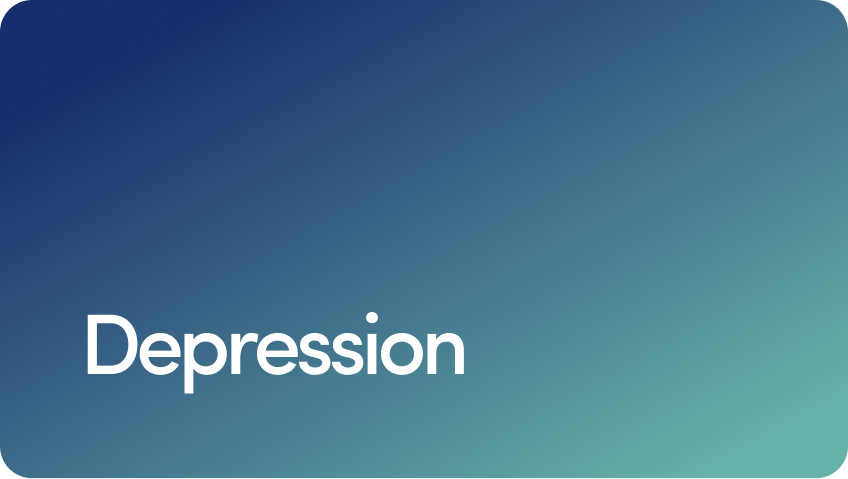 Depression
Depression
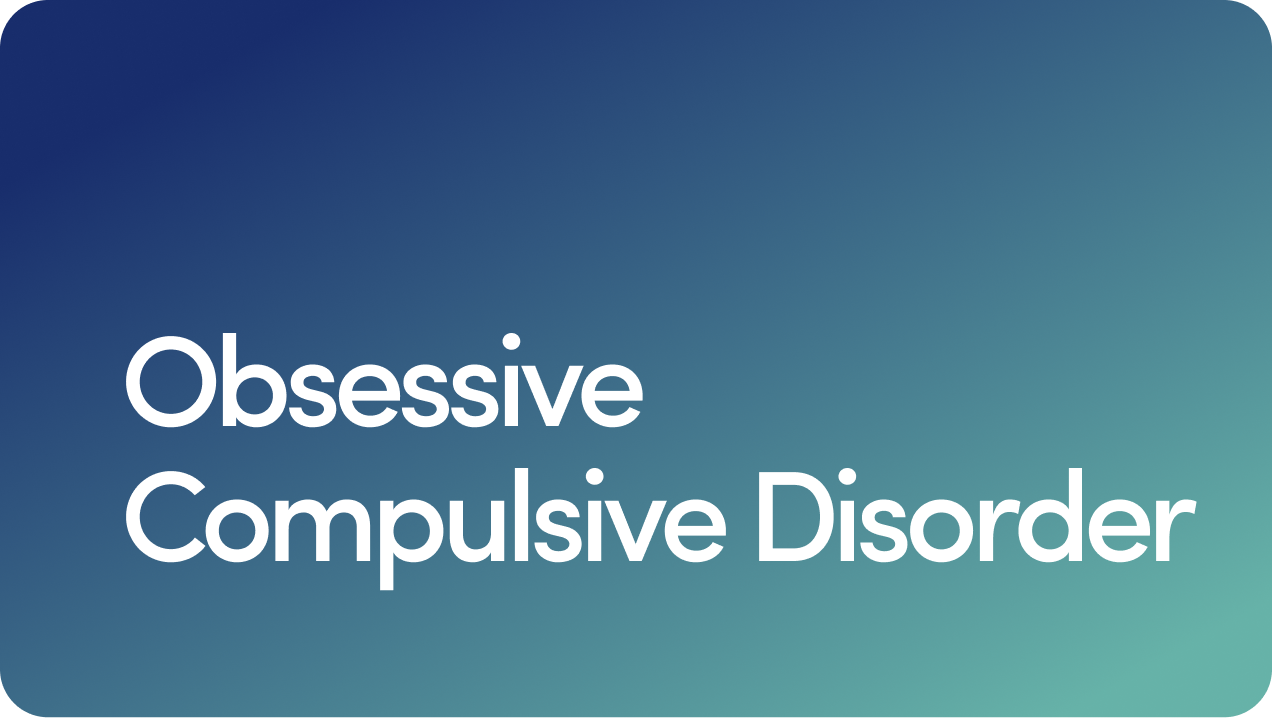 OCD
OCD
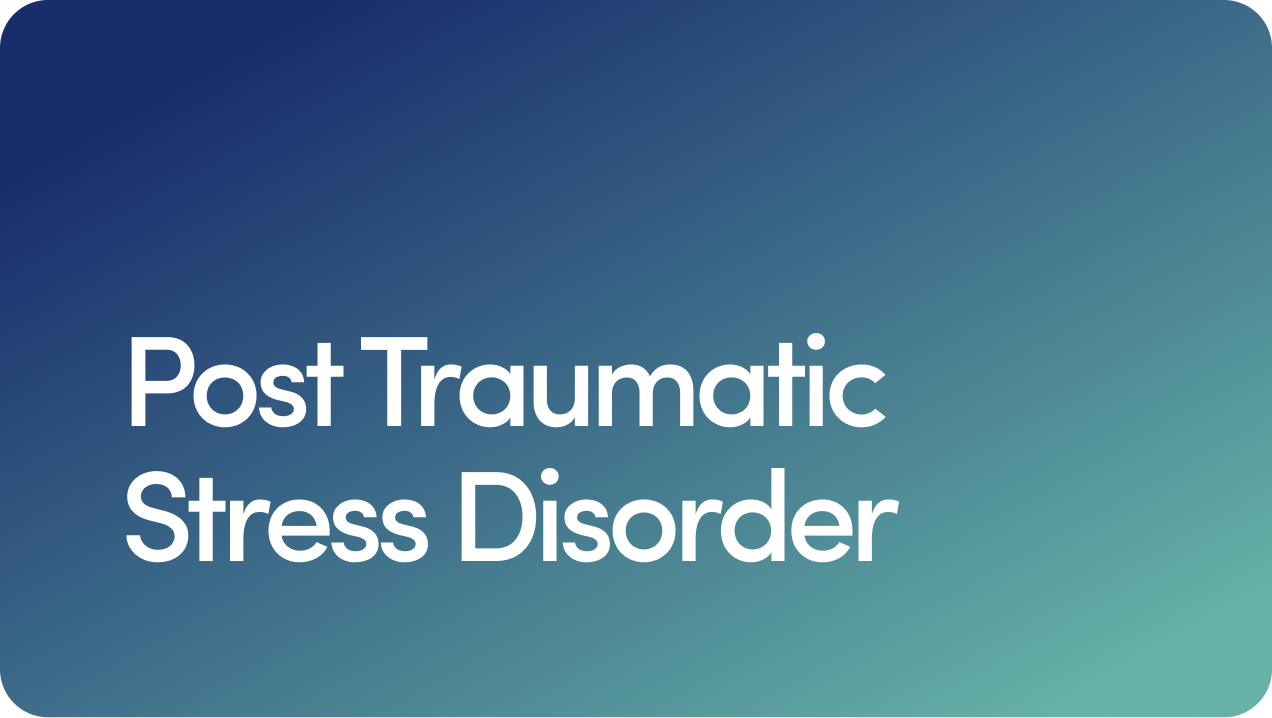 PTSD
PTSD
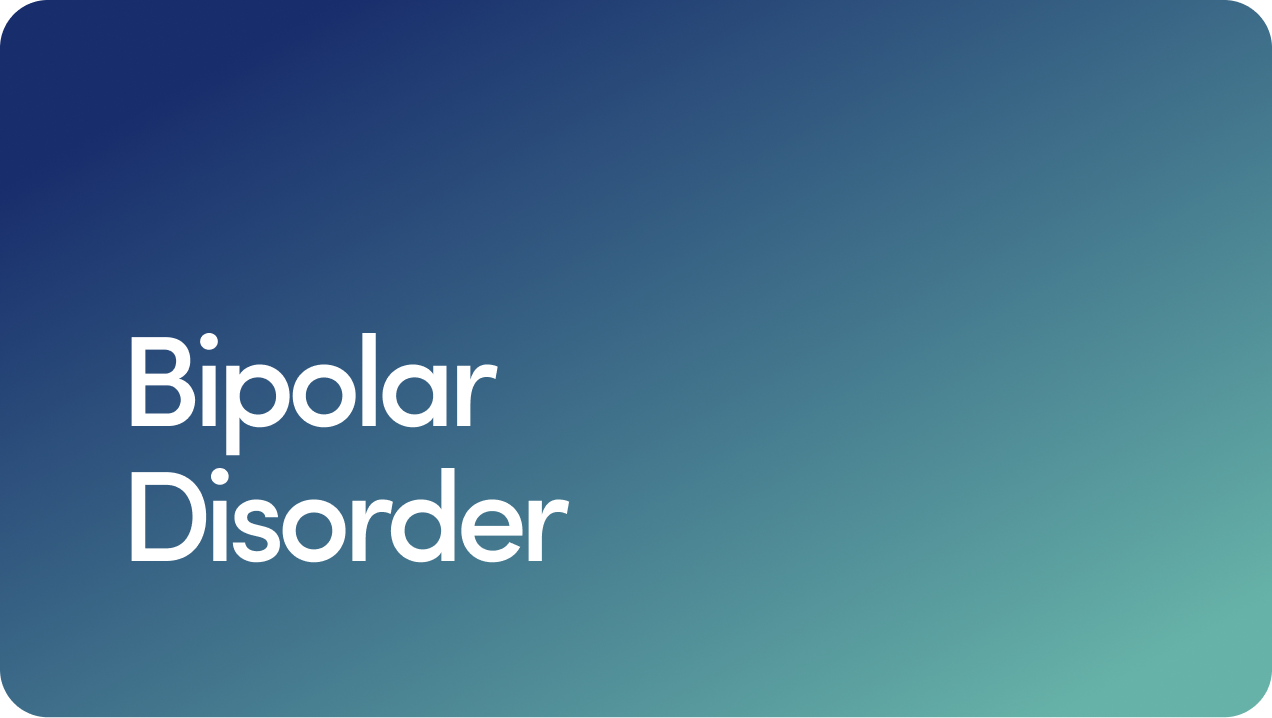 Bipolar Disorder
Bipolar Disorder
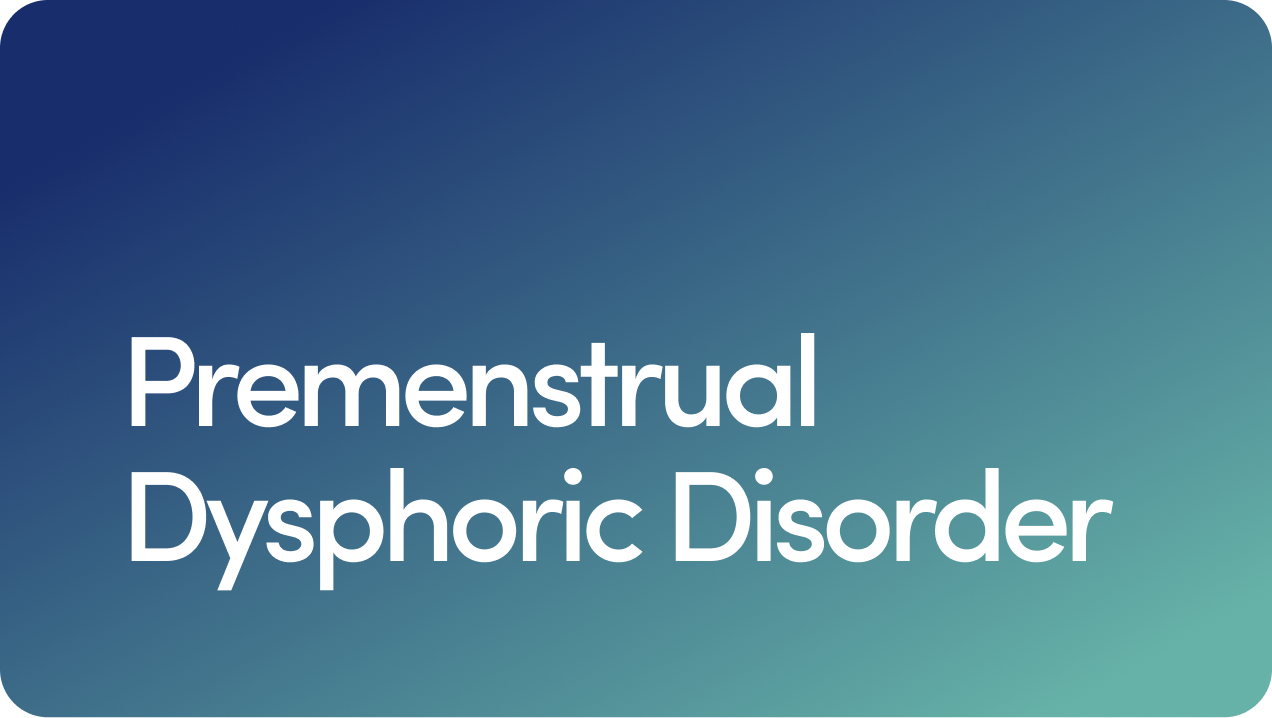 Premenstrual Dysphoric Disorder
Premenstrual Dysphoric Disorder